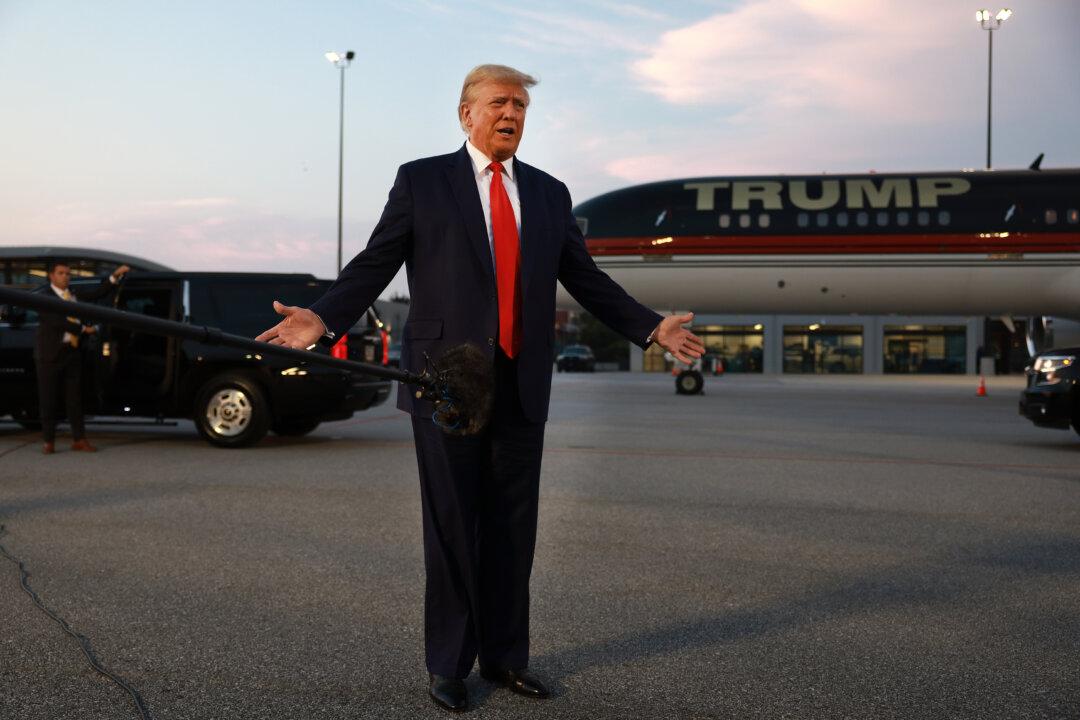Commentary
One of the true glimmers of hope in these gloomy times is the spontaneous pro-Donald Trump movement among black people. We don’t know how big it is, but it’s there and it’s growing.

One of the true glimmers of hope in these gloomy times is the spontaneous pro-Donald Trump movement among black people. We don’t know how big it is, but it’s there and it’s growing.